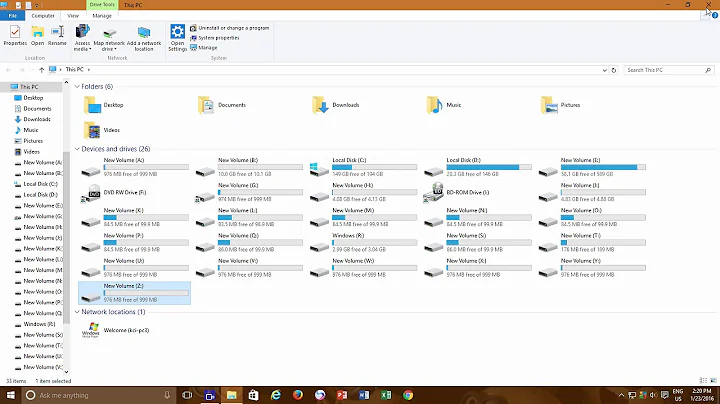NTFS drive mounted generates huge load
High CPU usage on a linux system writing to an NTFS volume can come from a number of sources, as described on tuxera (the maintainer of ntfs-3g). They make an optimized, comercialized version of an ntfs driver, but this isn't open-source, nor is it easily available. If you're committed to NTFS, you're stuck with this less stream-lined ntfs-3g driver.
http://www.tuxera.com/community/ntfs-3g-faq/#highcpu
Assuming you are using a recent version of ubuntu, with a recent version of ntfs-3g, then options are programs frequently reading/writing big chunks of data to the drive, application frequently accessing the drive (such as rsync), the drive being connected via a slow usb connection (possibly the usb port speed slowed down by a slow device/hub being attached), VMWare using temp files on the ntfs drive, or the drive being excessively fragmented (lots of debate around this issue, many people saying the drive shouldn't get too fragmented for linux unless you are also booting an installation of windows off of that drive). Read the above link for more information about these and more.
My solution was to go to my fstab and modify the mount line to include big_writes in the options (ie: defaults,big_writes ....). This caused it to write big chunks, rather than smaller chunks.
Disabling samba access to the drive and shutting down python scripts accessing the drive didn't have any impact for me.
Related videos on Youtube
Aneesh
I'm a Belgian security consultant living in Singapore, I'm here to learn and help others out. Opinions are my own. Advice provided with no warranty. Find me on http://cloud101.eu Sometimes you can have a craving only hands can satisfy!
Updated on September 18, 2022Comments
-
Aneesh over 1 year
I've got an NTFS drive mounted and on I/O it generates huge amounts of load. I'm now running my CPU (amd fusion dual core) at 100%... both.
My load average is 3.47 at the moment. Anyone an idea to lower this load ? (apart from using ext4 ;) )
-
samme4life over 12 yearsCheck out the ntfs-3g FAQ first: tuxera.com/community/ntfs-3g-faq/#highcpu
-
Aneesh over 12 yearsYea but I'm using 11.10, shouldn't it have the latest version then ?
-




